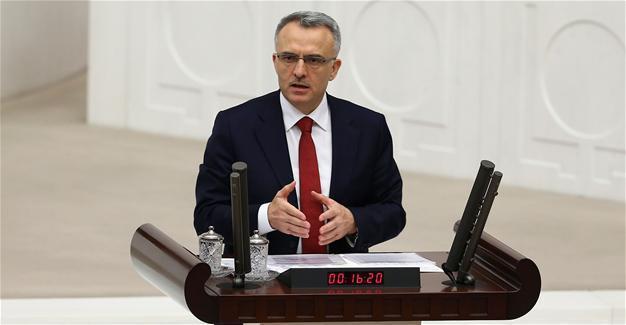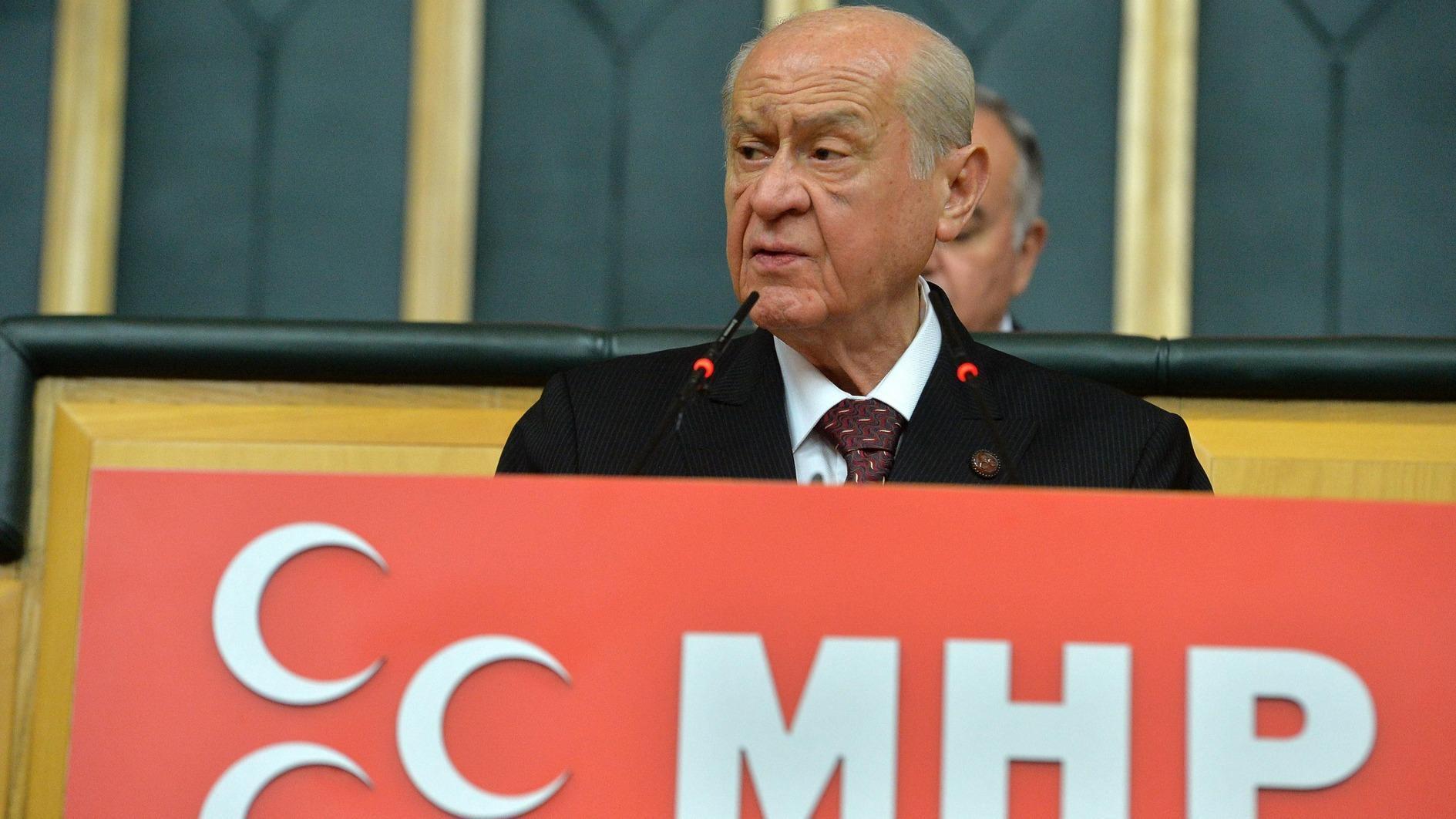Receivable restructuring applications hit record high levels: Finance minister
ANKARA
 The law on the Restructuring of Certain Public Receivables, also referred to as the “Tax Amnesty,” entered into force back in August, enabling the restructuring of outstanding tax and other public receivables and also providing an opportunity to Turkish companies to close their accounts against potential tax audits through voluntary tax base increases.
The law on the Restructuring of Certain Public Receivables, also referred to as the “Tax Amnesty,” entered into force back in August, enabling the restructuring of outstanding tax and other public receivables and also providing an opportunity to Turkish companies to close their accounts against potential tax audits through voluntary tax base increases.“So far, we have received around 5.3 million applications for restructuring around 46 billion liras worth of receivables. This is a record high amount,” Ağbal said in an interview with private broadcaster CNN Türk on Oct. 30.
“Upon requests, we have extended the final deadline to Nov. 25,” he added.
The original deadline was set as Oct. 31.
All kinds of taxes, tax assessments, customs duties, administrative fines, insurance premiums, social security premiums, unemployment portions, and all related interest and late payment charges related to the period before June 30 are covered by the law.
As a part of the restructuring program, a certain amount of taxes, penalties and interest payments are reduced, and the remaining amount is payable in lump sums or in six to 18 installments that elapse to a period of 12 to 36 months, subject to an inflationary adjustment.
Ağbal had in August said the debts of 6.3 million people, totaling around 90 billion Turkish Liras ($30 billion), were expected to be restructured in line with the new regulation.
‘Better figures in fourth quarter’
Meanwhile, Ağbal also acknowledged that Turkey’s economy saw a slowdown in the first and second quarters of the year, but vowed that the fourth quarter would be much better in terms of domestic consumption, investments and exports. He also noted that the country’s budget balances remained robust.
Turkey’s government released on Oct. 17 what it calls a “growth-friendly budget” that aims to stimulate the economy over the next few years.
“The 2017 budget will be a growth-friendly one, underlining the main characteristics of it. Our fiscal policy will focus on stimulating the economic growth during the 2017-2019 period,” Ağbal had said on Oct. 17.
A deficit of 46.9 billion liras ($15.2 billion) and a non-interest surplus of 10.6 billion liras ($3.4 billion) are expected in the 2017 budget, according to Ağbal.
















